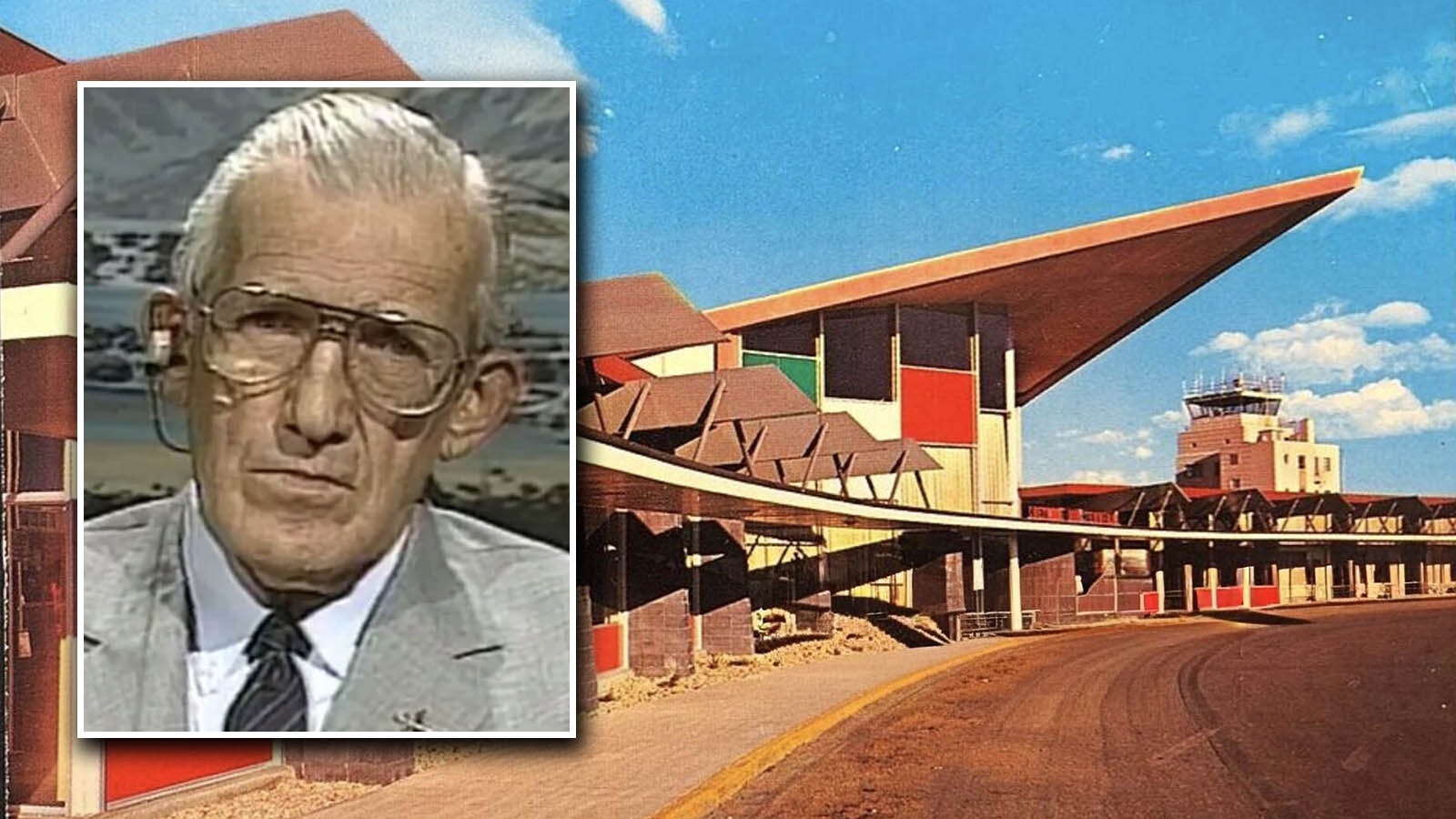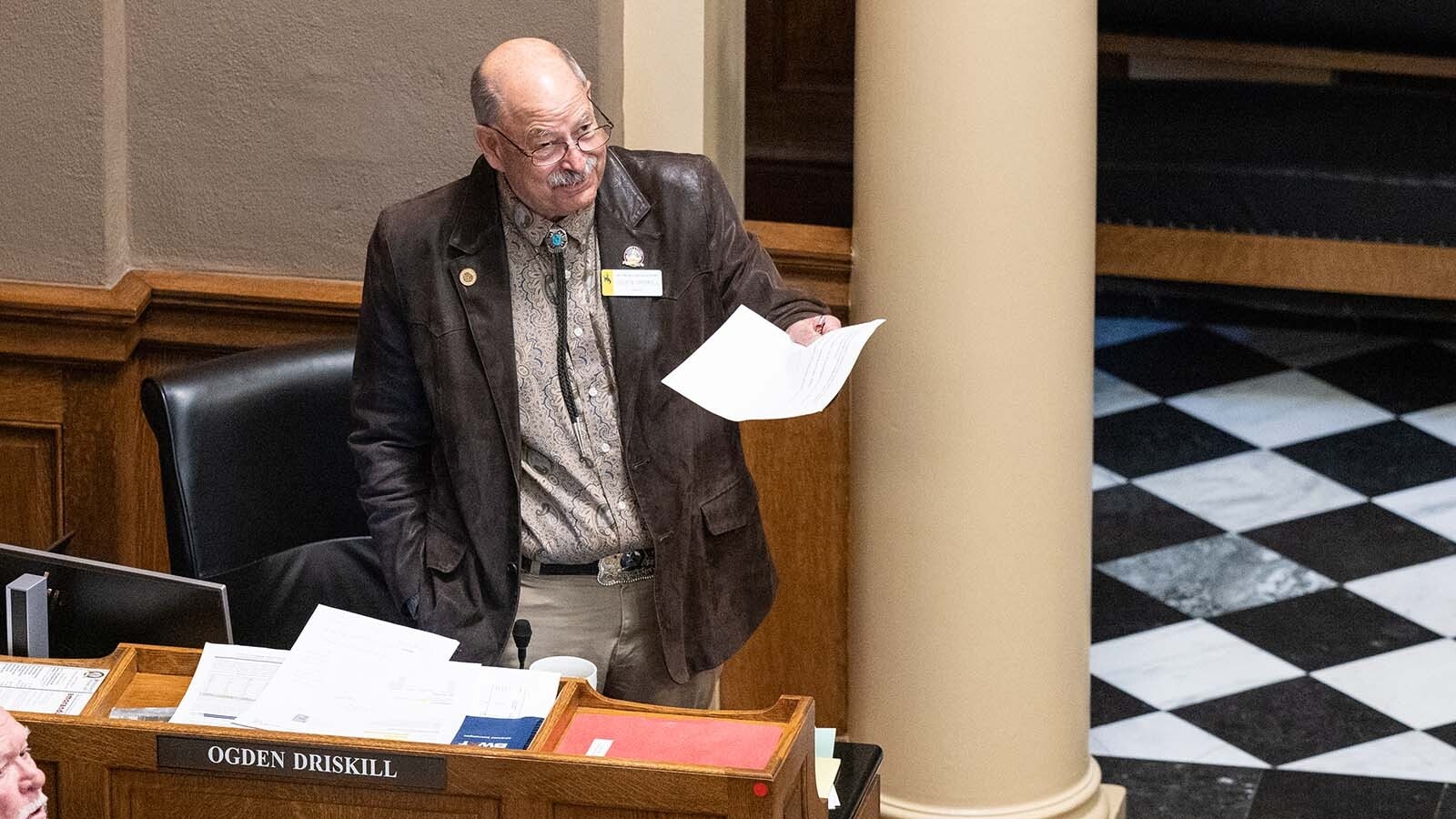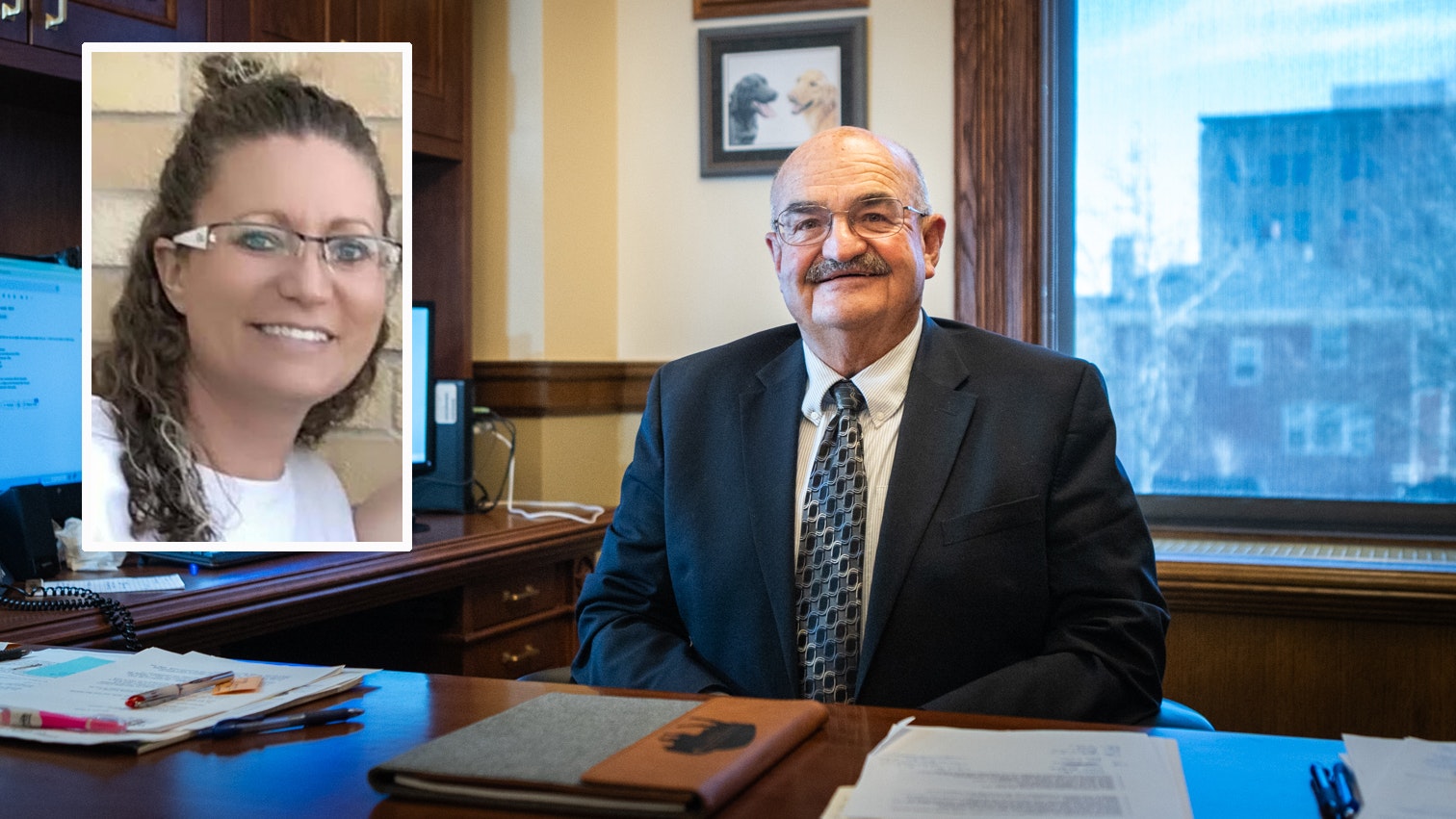The Wyoming Legislature has now killed two major immigration-enforcement bills, after critics voiced concerns about poorly-written bill language and government overreach that would hurt local law enforcement processes.
The state Senate is still considering a third bill, that would ban local governments from making policies Wyoming legislators believe protect illegal immigrants.
That one, House Bill 133, reached the Senate on Monday and is awaiting a hearing in the Senate Judiciary Committee, according to its legislative file.
Down In A Blaze Of Uncertainty
The most proscriptive of the three bills, Senate File 124 reached the Senate floor Monday after the Senate Appropriations Committee attached a $1 million price tag to it for unforeseen costs – and after the Senate Judiciary Committee proposed huge cuts and changes to its language.
Had it become law, it would have made it a state-level felony to transport or harbor illegal immigrants.
Twenty state senators voted to kill it and 10 voted in its favor.
It originally would have required every county sheriff in Wyoming to make a contract with federal immigration authorities, like U.S. Immigration and Customs Enforcement (ICE).
A proposed amendment softened that language to say sheriffs “may” strike such contracts, but it left in place a mandate for the state’s attorney general to contract with federal immigration officials.
Surgery On The Go
Bill sponsor Sen. Cheri Steinmetz, R-Lingle, told the Senate during a floor debate Monday that she was willing to amend the bill further, to spare felony charges for people who may be sheltering family members with expired visas or other citizenship glitches.
But the cuts and changes had already reached a concerning level, Senate President Bo Biteman, R-Ranchester, told the chamber.
It had been a long day of amending tricky bills, he indicated.
“My concerns here – at 7, 8 o’clock at night – (are of) the kind of quality we’re putting out,” said Biteman. “At what point do we pull the plug on some of these bills that aren’t quite ready for prime time?”
He said the Senate largely agrees with the bill’s “issues,” but he had “serious concerns” about the quality of their drafting.
Sens. Bill Landen, R-Casper, Dan Dockstader, R-Afton, and Mike Gierau, D-Jackson, voiced agreement with Biteman.
Though immigration is a polarizing issue, Wyoming should build precise language around laws that approach it from either side, said Gierau.
Sure there may be “wisdom in pulling back” from bad drafting, Dockstader added, but there’s also wisdom in checking with one’s local law-enforcement authorities.
As for his local law-enforcement officials, Dockstader said “we’re doing just fine with the (immigration-related) working relationships we have.”
Dockstader’s statements echo earlier interviews by Wyoming sheriffs, many of whom told Cowboy State Daily SF124 and the similar House Bill 276 looked like government overreach and stood to hurt small-town sheriffs.
HB276 had proposed to make every county sheriff try to establish an immigration contract with federal immigration authorities or risk de-funding. Detractors said that would have given the federal government an upper hand in negotiating, could have proved foolish across changing presidential administrations, and would have hurt small-town sheriffs who didn’t have enough deputies to take on federal immigration training.
The Double-Edged Sword Of Regulating Law Enforcement
Laramie County Sheriff Brian Kozak, who serves Wyoming’s largest county and is working to secure a contract with ICE, had a dismal view of SF124 and HB276 when they were introduced.
He noted in a Thursday interview with Cowboy State Daily that as amended, SF124 wouldn’t have affected his agency much because he’s working well with ICE, developing a contract and doesn’t try to thwart the federal agency.
But he had a lingering concern about an amended provision that would have required every state peace officer to ask people they contact, ticket or arrest about their immigration status – if the officer had a “reasonable, articulable suspicion” about it.
That seemed like it could lead to racial profiling, Kozak said. And in the best-case scenario, it would prompt added training and policy-making for Wyoming law-enforcement agencies.
As for the Laramie County Sheriff’s Office, its agents check people’s immigration status once they’re arrested, and they notify ICE when they jail someone unlawfully present in the U.S., Kozak said.
Tax Concern
As of Thursday, Kozak was more concerned about Senate File 69, which proposes a drastic residential property tax cut. As originally written, it would have cut Kozak’s budget by $3.9 million and forced deputy layoffs, he said.
There are some “reasonable amendments” now being proposed that he expects the House to hear next week.
Kozak juxtaposed SF69 and SF124 as a great irony: had they both passed in their original forms, the former would have slashed sheriffs’ budgets, while also requiring their remaining skeleton crews to take on ICE contracts and possible federal training sessions.
Clair McFarland can be reached at clair@cowboystatedaily.com.





